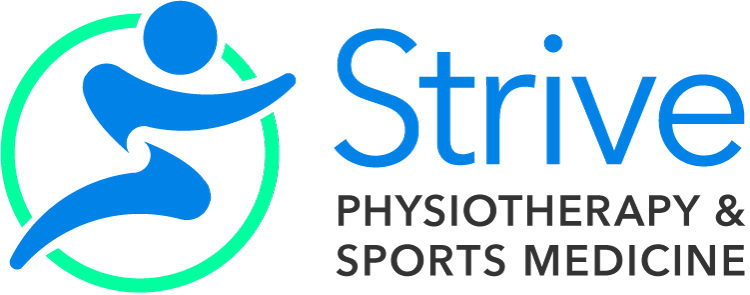Cancer exercise rehabilitation focuses on the management of symptoms and side-effects associated with cancer and cancer treatments (surgery, chemotherapy, radiation, etc.). Depending on the specific cancer treatment, some of these side-effects may include:
- Decreased range of motion (tightness in the muscles and joints)
- Decreased strength
- Fatigue
- Swelling and lymphedema
- Pain
Physiotherapy and massage therapy during or after treatment for cancer can help to manage these side-effects, through a combination of hands-on therapies and exercise prescription. Benefits of massage therapy and manual therapy may include:
- Decreased swelling
- Decreased pain
- Increased range of motion
- Psychological/mental health benefits
Research has shown that exercise is both safe and beneficial for people that have received or are receiving treatment for cancer. This includes a variety of different types of exercise including aerobic exercise, strength training, flexibility, and balance exercise. Some of the benefits of an exercise program may include:
- Decreased fatigue
- Improved strength
- Improved cardiovascular function
- Decreased pain
- Increased bone density
- Decreased swelling
- Psychological/mental health benefits
- Improved quality of life
At Strive we believe in treating the whole person. We understand that your experience with cancer is just one aspect of your life and that every individual will have unique experiences and goals. Your Strive healthcare professional will conduct an assessment including a discussion of your goals, a health history, and a physical assessment, in order to develop an individualized treatment plan to help you move and feel better.
Not Sure If You Are Ready To Start Exercise?
We are here to help! Call us at (416) 486-4776 to book a free 10-minute phone consultation with Alex Ruth, Registered Physiotherapist, with a passion for using exercise as medicine, to find out if Physiotherapy is right for you.

Alex Ruth
BScKin (Hons), MScPT, CIDN
Registered Physiotherapist
Alex’s clinical skills include comprehensive neuromusculoskeletal assessment and treatment for clients throughout the lifespan, from helping children achieve their developmental milestones, to helping adults and seniors stay active and maximize their independence. Alex values the importance of the therapeutic relationship and strives to provide the utmost patient-centered care, by helping clients achieve their individual goals while considering their unique life experiences and prioritizing comfort, communication and trauma-informed care.


